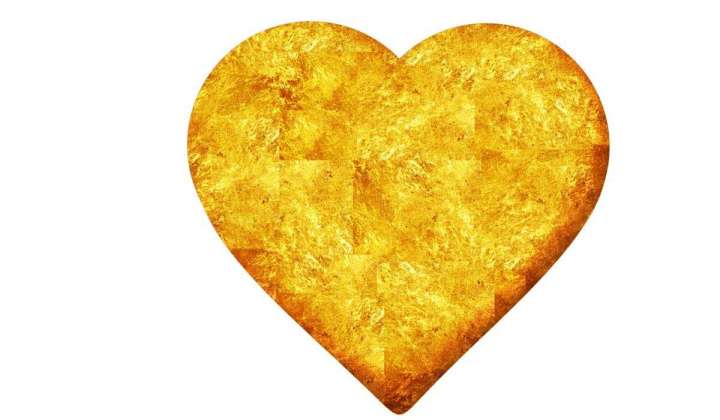Holy Week reminder, dwell on love, not loss

OPINION:
Near the beginning of his halftime pep talk to his team in “Any Given Sunday,” the character played by Al Pacino offers the following bit of wisdom to his charges: “You know, when you get old in life, things get taken from you. I mean, that’s part of life. But you only learn that when you start losing stuff.”
Those of a certain age will readily confirm that. As the road traverses its final few miles, it seems as if relatives, both close and distant, drift away. Children grow up and move on to their own lives. Lovers and friends pass through your life; if you’re fortunate, they leave happy memories.
This transitory nature of life is not just an experience of the aged. All of us are aware, however dimly, that our presence here on Earth is ephemeral; we are stalked by the knowledge of our own impermanence. Faced with that, despondence or nihilism can appear to be the easy and straightforward answer.
Resist that path. In his “Ode: Intimations of Immortality,” the great Romantic poet William Wordsworth expressed both the longing for what was and the need to keep going. “Though nothing can bring back the hour of glory in the flower/of splendor in the grass/we will grieve not/rather find strength in what remains behind.”
What remains behind are usually not material possessions. Material things are, ironically, the least durable elements of our lives. Most of what we carry, most of what is durable, consists of our knowledge and memories.
Our transitory nature means that over the course of a lifetime, we will eventually lose everything and everyone we care about. Either they will cycle out of our lives, or they will die, or we will die. Loneliness and pain are part of the human condition, just as love and joy are part of the human condition.
Fretting about the amount of time we have with those we love is pointless. Worrying about how and when they will leave is pointless. The best thing we can do is to love whoever God has put in our path for as long as they remain with us. Treat those you love and those in your care as well as you can every day, and always be armed with the knowledge that the time with all of them is fleeting.
At the end of “Hope Floats,” the character played by Sandra Bullock offers perspective on some of this: “Beginnings are scary, endings are usually sad, but it is the middle that counts the most.”
That’s absolutely true. It is our nature to worry about beginnings and endings, but it is what we do in between — in the vast and (at first) seemingly endless middle of our days — that really matters.
Finally, as we start Holy Week and head toward Easter, it is a good time to reflect on the certainty that God loves us all and wants us to be happy. While we may not understand everything about His plan, we know He walked the same Earth that we do. He understands the sense of impermanence and loss that pervades our lives. This week, if we’re fortunate, “our souls have sight of that immortal sea which brought us hither.”
So, have a good Holy Week. Resist the urge to be despondent or fearful. Love your family and friends. Cherish those whom God has placed in your path.
• Michael McKenna, a columnist for The Washington Times, co-hosts “The Unregulated Podcast.” He was most recently a deputy assistant to the president and deputy director of the Office of Legislative Affairs at the White House.






